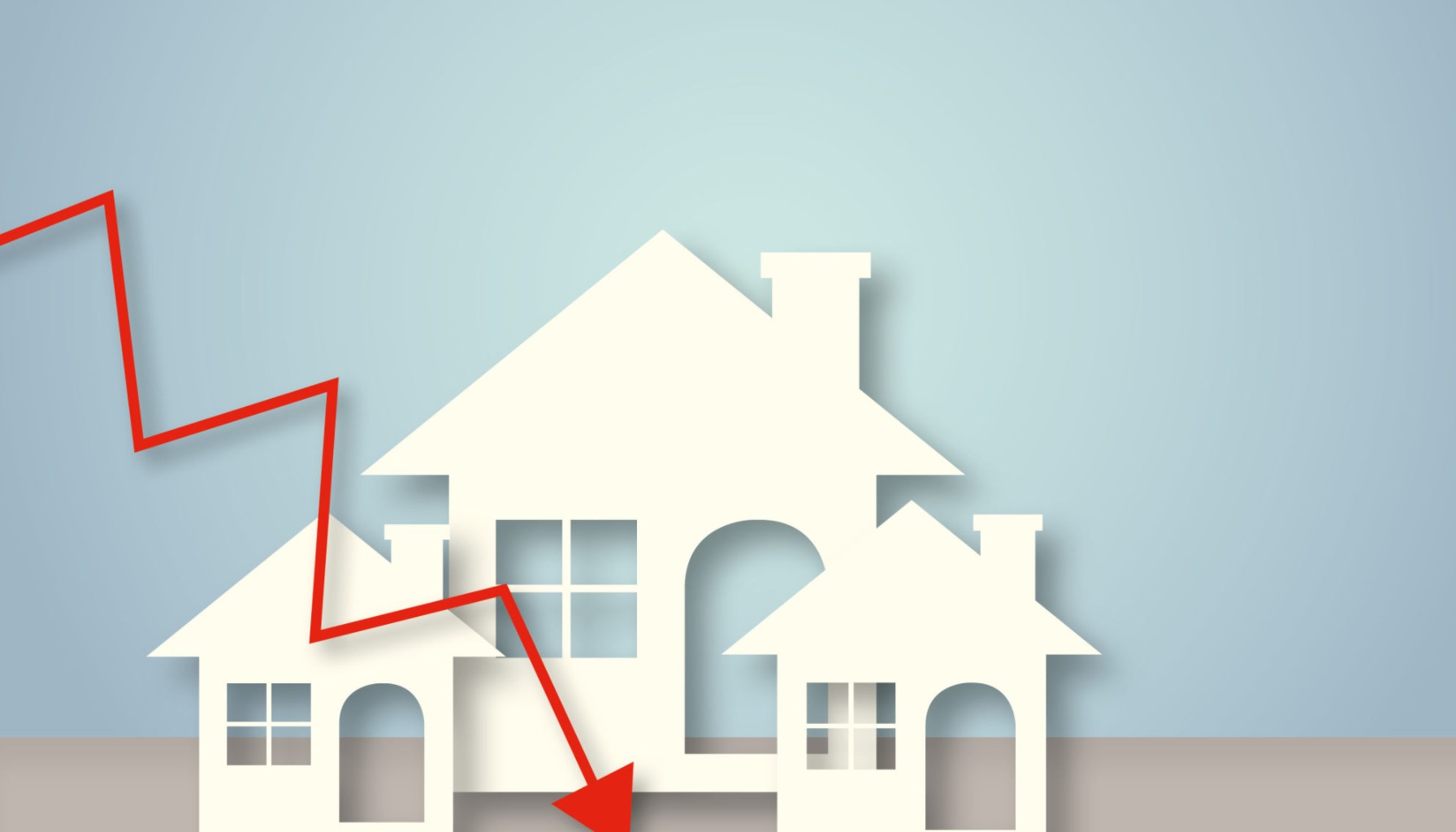H
old on to your hats, Lakeland homeowners! A recent report has ranked Lakeland, Florida as the second most risky housing market in the US. This means a significant price correction or even a market downturn is possible. Don't panic just yet, but it's time to pay attention and understand why this is happening.
Lakeland's vulnerability can be attributed to several factors:
Rapid Price Appreciation: Home prices skyrocketed during the pandemic, leading to overvaluation.
Increased Inventory: More homes are hitting the market in Lakeland, putting downward pressure on prices.
Affordability Concerns: Rising insurance premiums have made homeownership a financial burden, squeezing potential buyers and reducing demand.
According to Cotality's Chief Economist, Dr. Selma Hepp, housing markets are undergoing transition with an increasing proportion of markets experiencing annual decline in prices. The softness is primarily concentrated in southern and southeastern markets, including major metropolitan areas in Florida, Texas, and the San Francisco Bay Area.
The data suggests a cooling market:
Year-over-year price growth has slowed to 1.7% in June 2025.
Monthly price increases are minimal (0.1% compared to the previous month).
Key indicators of a risky market include overvalued homes, high debt-to-income ratios, increased foreclosures, and rising interest rates.
If you're thinking of selling: Consider listing your property now while prices are still relatively high.
If you're planning to buy: Be patient and wait for more options to become available before making a purchase.
If you're staying put: Don't panic! Housing markets go in cycles. Focus on paying down your mortgage, maintaining your property, and enjoying life in Lakeland.
To get the full picture, talk to local realtors, attend city council meetings, and monitor local news for economic developments and trends specific to Lakeland.
Housing market downturns aren't new; history teaches us several lessons:
Irrational exuberance is dangerous.
Due diligence matters.
Diversification is key.
Regardless of the housing market's performance, being prepared financially is always a smart move. Build an emergency fund, pay down debt, and review your budget to identify areas where you can save money and reduce financial stress.
While no one has a crystal ball, factors like continued population growth, strong local economy, and limited new construction could mitigate the risk of a crash. However, caution is warranted, and it's essential to be informed, prepared, and make sound financial decisions for your individual circumstances.
In conclusion, approach this news with a balanced perspective by understanding the contributing factors, monitoring local market conditions, and preparing financially. Remember that markets are always moving, and it's critical to review them regularly.














